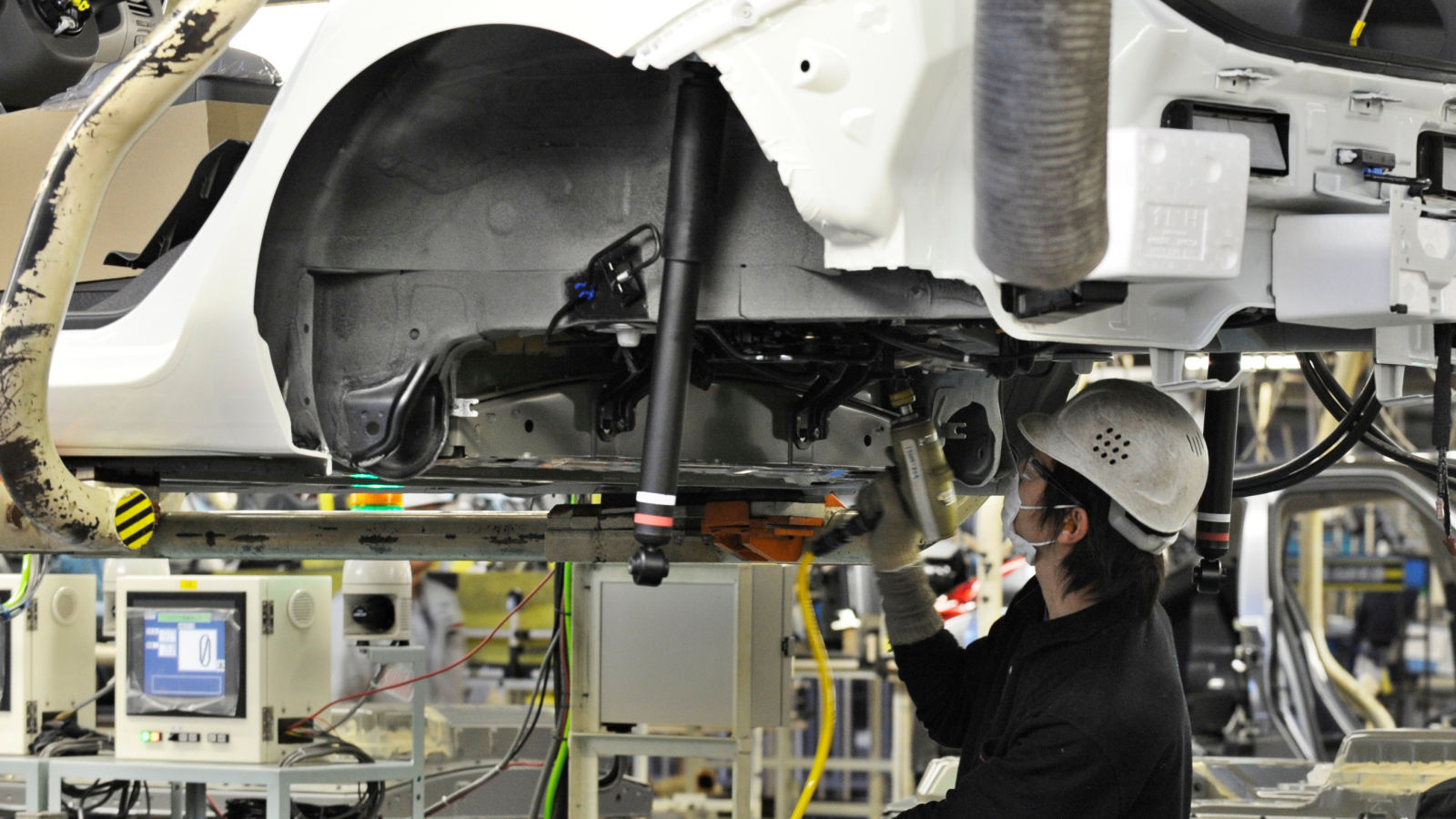Read The Full Article On: Jalopnik
Along with the rise of battery-electric vehicles like Teslas came a concurrent rise in lithium-ion battery sales, as producers across the globe rushed to meet the demand. But crashing electric vehicle sales because of the pandemic also hit the battery market, where, for the first time ever, demand is expected to fall this year.
That situation is expected to be temporary, since everything is also expected to ramp back up as countries reopen and manufacturing in many places has restarted. Still, it’s striking how quickly the faucet can slow to a drip, even in a facet of the economy that had been positively booming.
From Bloomberg:
Battery shipments to carmakers are forecast to fall 14 percent in 2020, and the effects of the slowdown are seen lingering into next year.
Major producers, including South Korea’s LG Chem Ltd., a supplier to Tesla Inc. and General Motors, have cut annual sales forecasts. Analysts expect the industry’s planned vast expansion of manufacturing capacity to slow down. Startups burning through cash as they work on potential breakthrough technologies are bracing for a tougher sell to secure funds.
Fourteen percent might not sound like much but the market for lithium-ion batteries has truly exploded in the past 5-10 years, and will only get bigger as automakers rush to make more electric cars. That’s why everyone involved seems to be treating this as a blip more or less.
Despite short-term pressures, Zeng Yuqun, chairman of CATL, said there is “great confidence in the long-run.” In less than a decade, his company has grown to lead its industry: CATL’s sales rose 90 percent in 2019, according to BloombergNEF.
Lithium ion battery demand has more than doubled since 2015 and remains on track for about a ninefold expansion from last year to the end of the decade. The sector is also forecast to keep lowering costs. Battery prices plunged 87 percent in the past 10 years, pushing plug-in EVs to near sticker-price parity with gas guzzlers.
More and more I’m convinced that battery-electric cars are a bridge technology to get to the next thing, which could be hydrogen-electric or could be something else entirely. Still, we’re probably decades away from having a clear view of just what it will be, and in the short-term the path is pretty obviously lithium-ion flavored, even as automakers like Toyota continue to place different bets.

